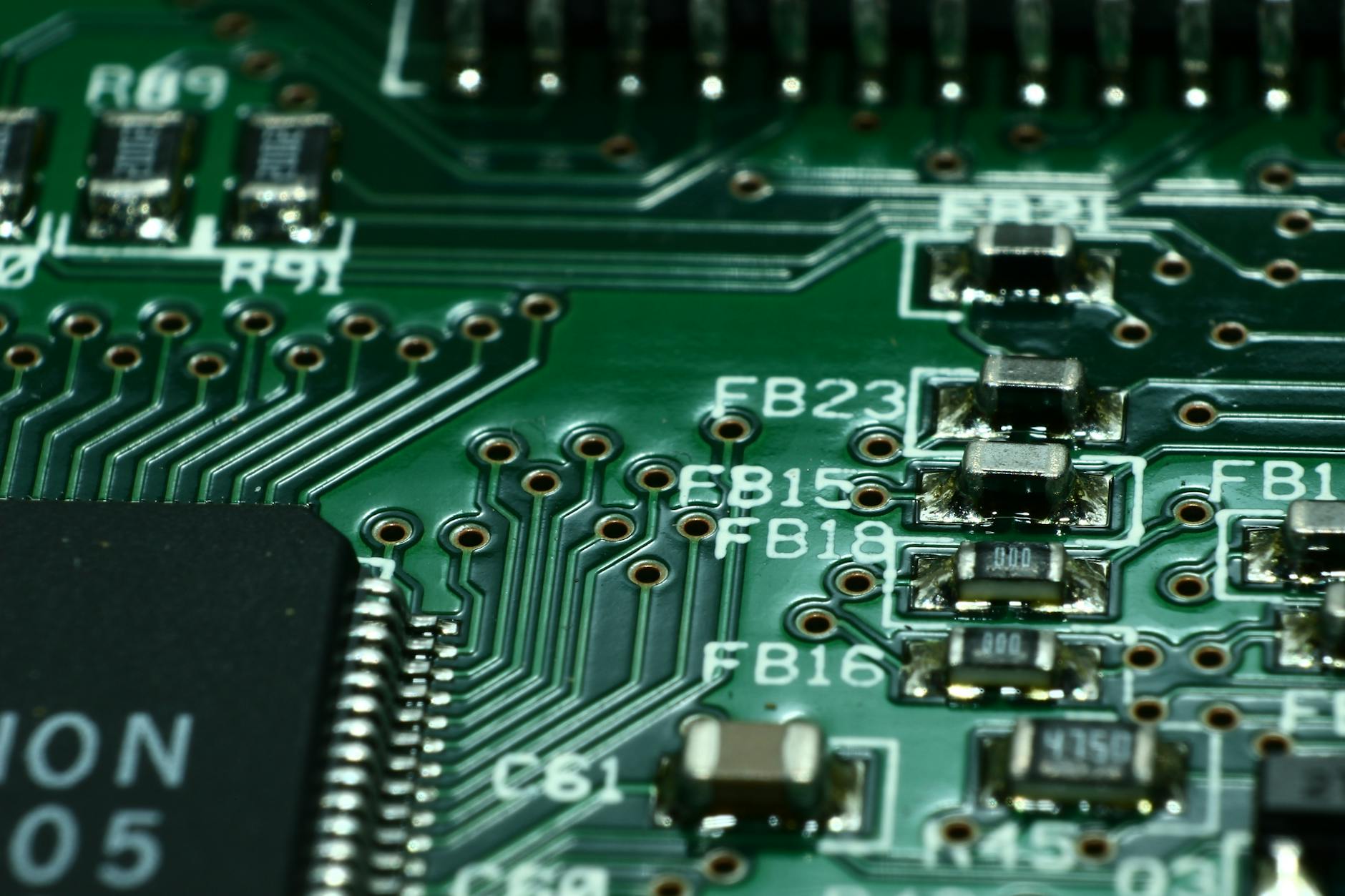Delve into the captivating journey of artificial intelligence, tracing its roots from Turing’s theory to the groundbreaking innovations of Tesla.
Table of Contents
Artificial Intelligence, or AI, has become a buzzword in today’s technology-driven world. From self-driving cars to virtual assistants like Siri and Alexa, AI is all around us. But how did we get here? Let’s take a journey through the history of AI, from its humble beginnings to its current state and potential future.
Introduction to AI
AI refers to the simulation of human intelligence in machines that are programmed to think and learn like humans. The goal of AI is to create systems that can perform tasks that usually require human intelligence, such as visual perception, speech recognition, decision-making, and language translation.
Historical Context of AI
The concept of AI can be traced back to ancient myths and folklore, where machines were created with human-like intelligence. However, it was not until the 1950s that AI as we know it today began to take shape.
One of the pioneering figures in AI was Alan Turing, a British mathematician and computer scientist. In 1950, Turing proposed the famous “Turing Test,” which assesses a machine’s ability to exhibit intelligent behavior equivalent to, or indistinguishable from, that of a human.
Current Applications of AI
Today, AI is being used in a wide range of industries, from healthcare and finance to entertainment and transportation. For example, AI-powered chatbots are revolutionizing customer service, while AI algorithms are improving medical diagnoses and treatment plans.
Benefits of AI
The benefits of AI are vast and far-reaching. AI technology can increase efficiency, accuracy, and productivity in various tasks. For example, AI-powered automation can streamline processes and reduce human error, leading to cost savings and improved outcomes.
Challenges and Ethical Concerns
Despite its benefits, AI also presents significant challenges and ethical concerns. One major issue is the potential for bias in AI algorithms, which can result in discriminatory outcomes. Additionally, AI technology raises questions about privacy, security, and job displacement.
Future Direction of AI
The future of AI is exciting and full of potential. As AI technology continues to evolve, we can expect to see advancements in areas such as machine learning, natural language processing, and robotics. AI has the power to transform industries and revolutionize the way we live and work.
Can Something Like Skynet Happen?
The idea of a superintelligent AI like Skynet from the Terminator series is a common theme in popular culture. While the likelihood of such a scenario occurring is debated among experts, it is essential to consider the potential risks and implications of developing AI technology.
The Role of Regulation in AI Development
Regulation plays a crucial role in the development and deployment of AI technology. Governments and organizations must establish ethical guidelines and standards to ensure that AI is developed and used responsibly. This includes addressing concerns such as data privacy, algorithmic transparency, and accountability.
Impact of AI on Society
The impact of AI on society is profound and far-reaching. While AI has the potential to improve our lives in many ways, it also poses challenges in terms of economic inequality, job displacement, and social unrest. It is essential to consider the societal implications of AI and work towards creating a more inclusive and equitable future.
Conclusion: The Future of AI
In conclusion, AI technology has come a long way since its inception and continues to evolve at a rapid pace. As we look to the future, it is essential to consider the benefits and challenges of AI and work towards harnessing its potential for the greater good. By staying informed and engaging in discussions about the ethical and societal implications of AI, we can shape a future where AI enhances human capabilities and improves the quality of life for all.



Comments